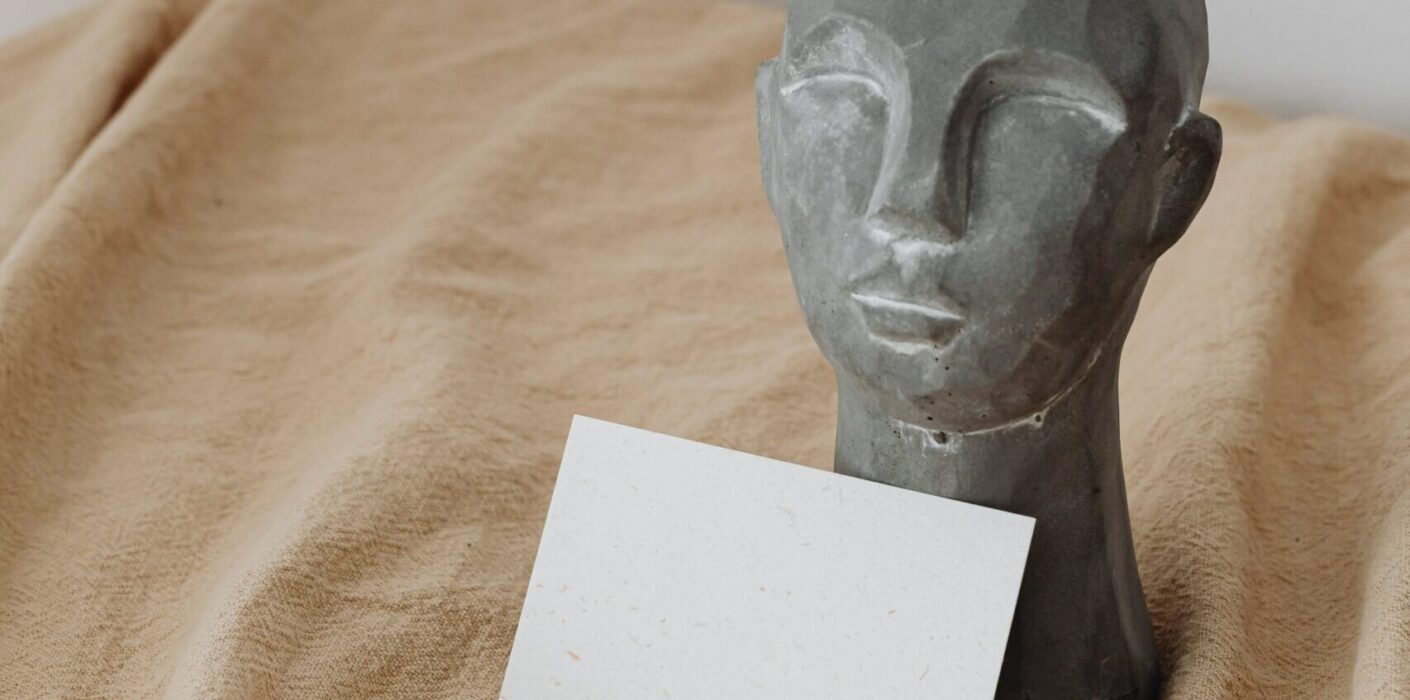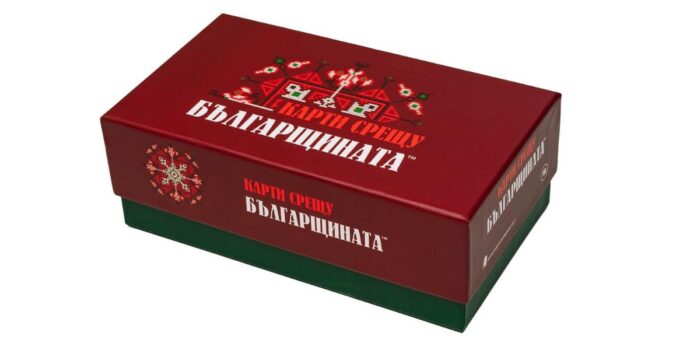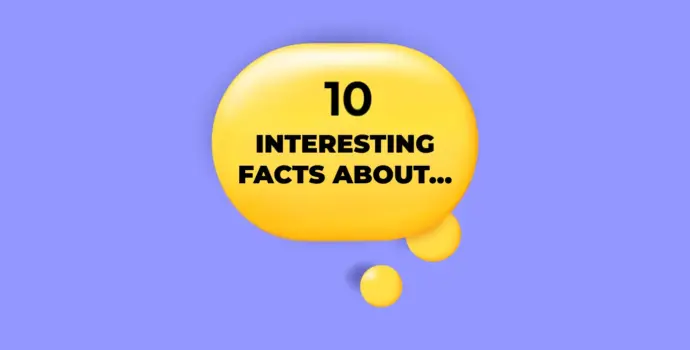What is copyright?
The law (Copyright and Related Rights Act) defines the objects of copyright, including all works of literature, art and science. These works should be the result of creative activity and be expressed in any way and in any objective form.
What types of copyright are there?
The law lists the most popular forms that are objects of copyright, but this list is not exhaustive.
Basically, these can be works from the field of:
- the music;
- literature;
- performing arts;
- the film industry;
- fine and applied arts;
- architecture;
- photography;
- graphic art and so on.
However, they can also include:
- translations and revisions;
- periodicals and encyclopedias;
- collections, anthologies, bibliographies and databases;
- portraits;
- computer programs and databases created under an employment relationship.
In addition to copyright, the law also regulates another category of rights called related rights.
They provide protection to performers, producers of phonograms, films and audiovisual works, as well as broadcasting organisations, in relation to the use of their fixed performances, recordings and programmes, including through their reproduction and distribution.
Who is considered an author?
An author is a natural person whose creative activity has resulted in the creation of a specific work that is the subject of copyright. Other natural or legal persons may be copyright holders only in cases provided for by law.
It is important to note that according to the current law, the person whose name or other sign is indicated on the work (the original, copies, specimens, packaging) is considered the author, until proven otherwise.
Copyright in anonymous or pseudonymous works is exercised by the natural or legal person who first disclosed the work with the consent of the author.
How long are copyrights protected for?
Copyright has a term of protection that covers the life of the author + 70 years after his death.
The term begins on January 1 of the year following the year in which the author died or the protected work was created, made public or published. After the author's death, until the expiration of the copyright term, non-property rights (such as whether the work can be made public or its use can be stopped) are exercised by the author's heirs.
The period after the author's death may vary depending on the nature of the work.
What rights does the author have?
The author has two types of rights – property and non-property.
As part of property rights, the author has the exclusive right to reproduce, publish, perform, communicate to the public, make adaptations of the work, as well as other rights depending on the specific case. He also has the right to receive remuneration for the use of the work by third parties.
Non-property rights include the author's right to request attribution, to change and request access to his work, to decide whether his work should be published under a pseudonym or anonymously, and others.
How can copyright be violated?
Copyright infringement can manifest itself in various forms.
According to the law, an infringement occurs if an individual or legal entity performs actions that interfere with copyrighted material, brings the work for sale or rent, allows the work to be performed in a public place, and the like.
Copyright infringements are most often related to unauthorized (i.e. unauthorized by the author or copyright holder) use of works by third parties. The author may allow the use of his work free of charge, but this is usually done in exchange for remuneration agreed upon in a license agreement.
Does copyright need to be registered?
Copyright protection begins automatically from the moment of creation of the work and its objectification in material form, without the need for subsequent formalities regarding registration. Bulgarian copyright law provides for a presumption of authorship and ownership of related rights, according to which, if the person is identified as the author or holder of related rights in a manner generally accepted by law, the burden of proof to rebut this presumption lies with the party contesting them.
In this context, for example, any voluntary submission of the work to a notary public may serve as important evidence in the course of a legal dispute regarding the date of its creation.
What can we help you with at IPfabrika?
Most copyright infringement disputes concern the rights to use and commercial exploitation of a work, where the copyright holder takes action against a third party who claims to exercise rights over the protected subject matter.
Identifying a specific person as the author and copyright holder of an intellectual property object is often a complex task requiring ingenuity. If the author cannot unequivocally prove his authorship, he cannot successfully prove his unauthorized use.
At IP Fabrika, we offer the following services for protecting violated copyrights:
- Review and drafting of license agreements
- Assistance in out-of-court resolution of disputes regarding violated copyrights
If you have a copyright-related case, do not hesitate to contact the experienced team at IPfabrika. here.
*Image: Pixels





